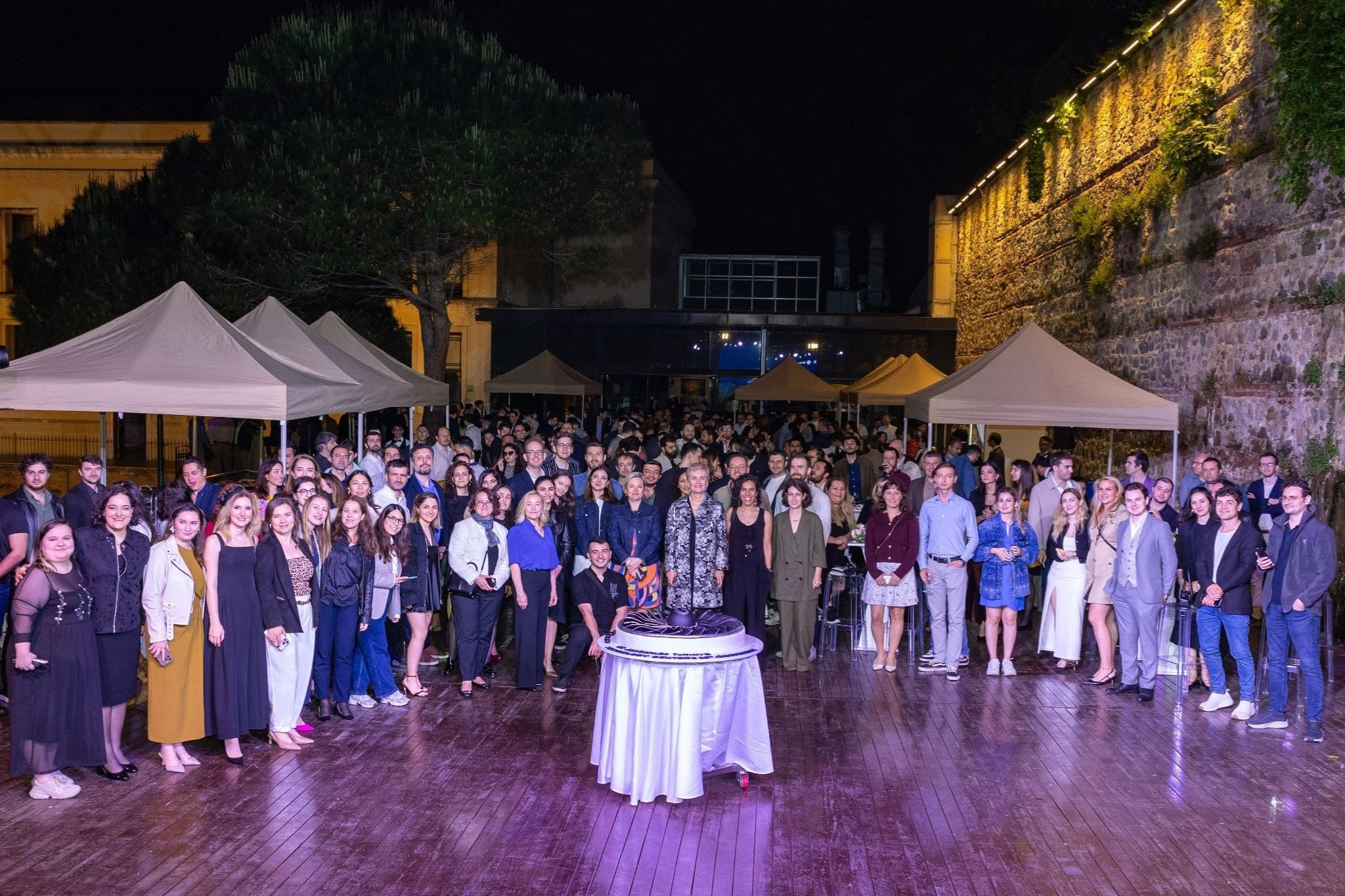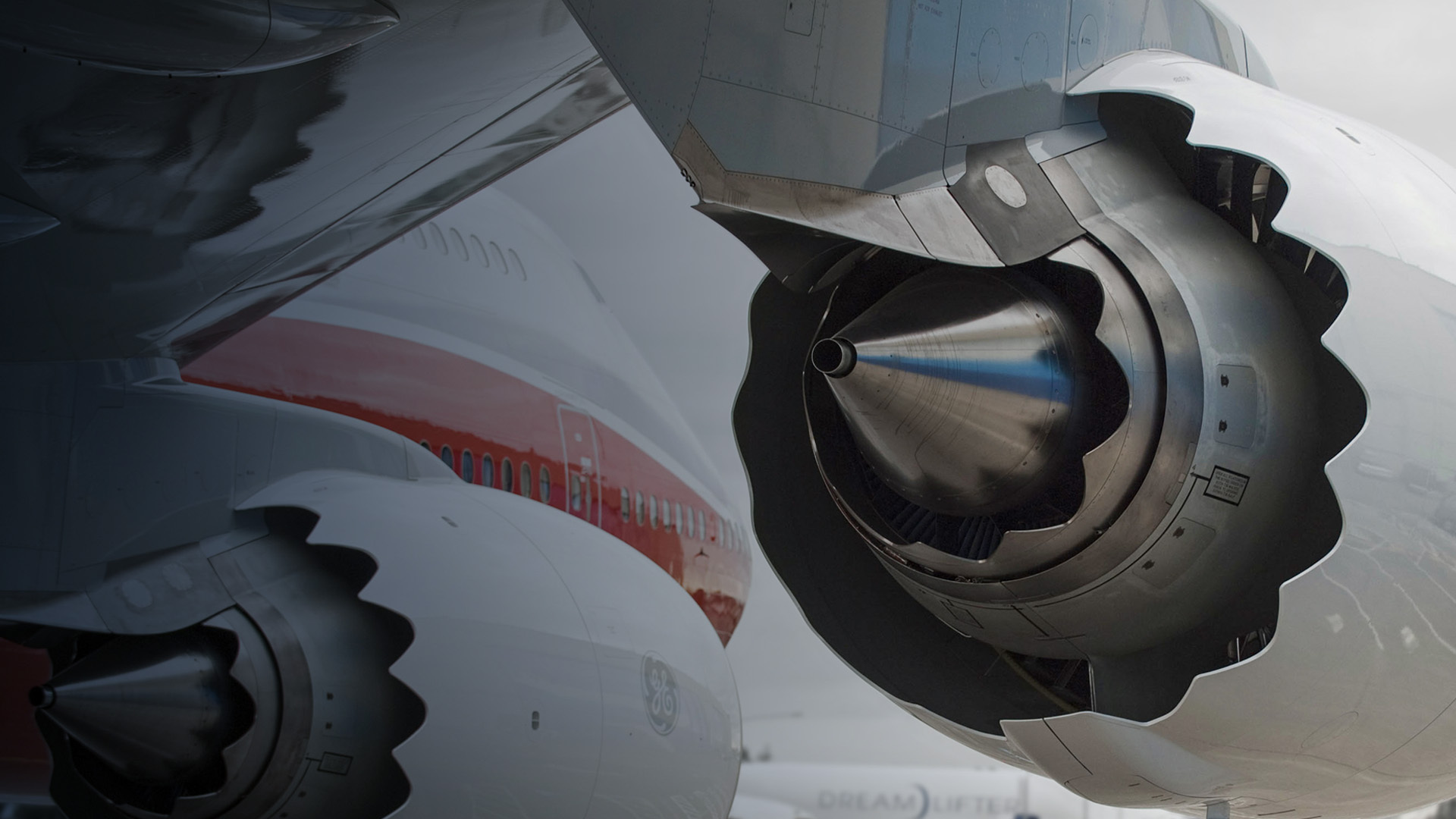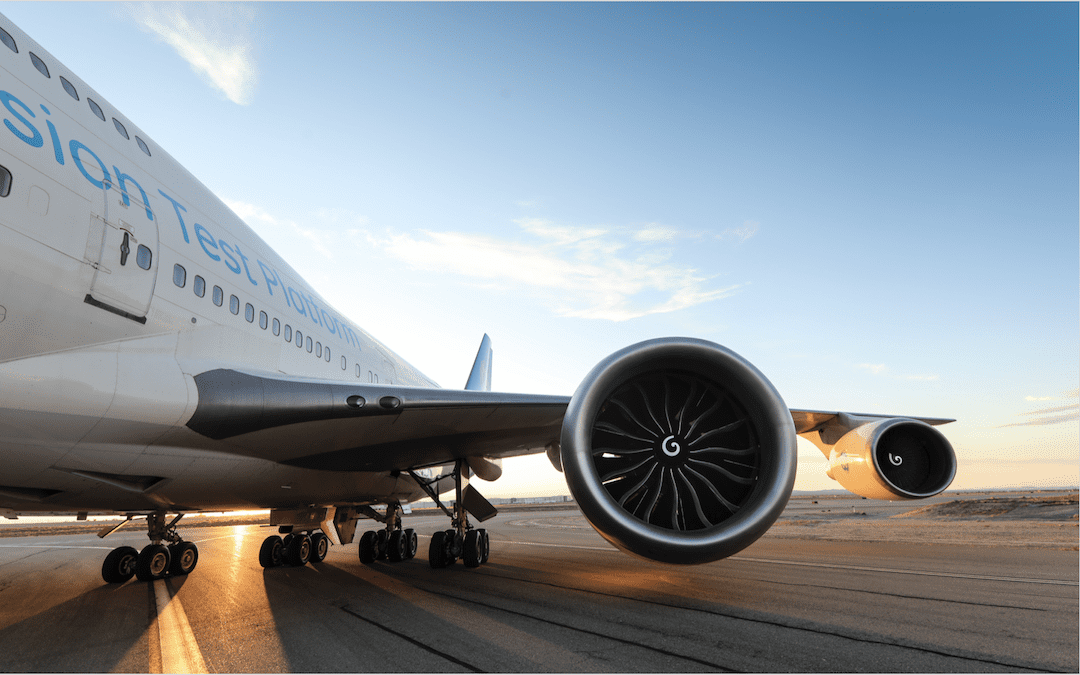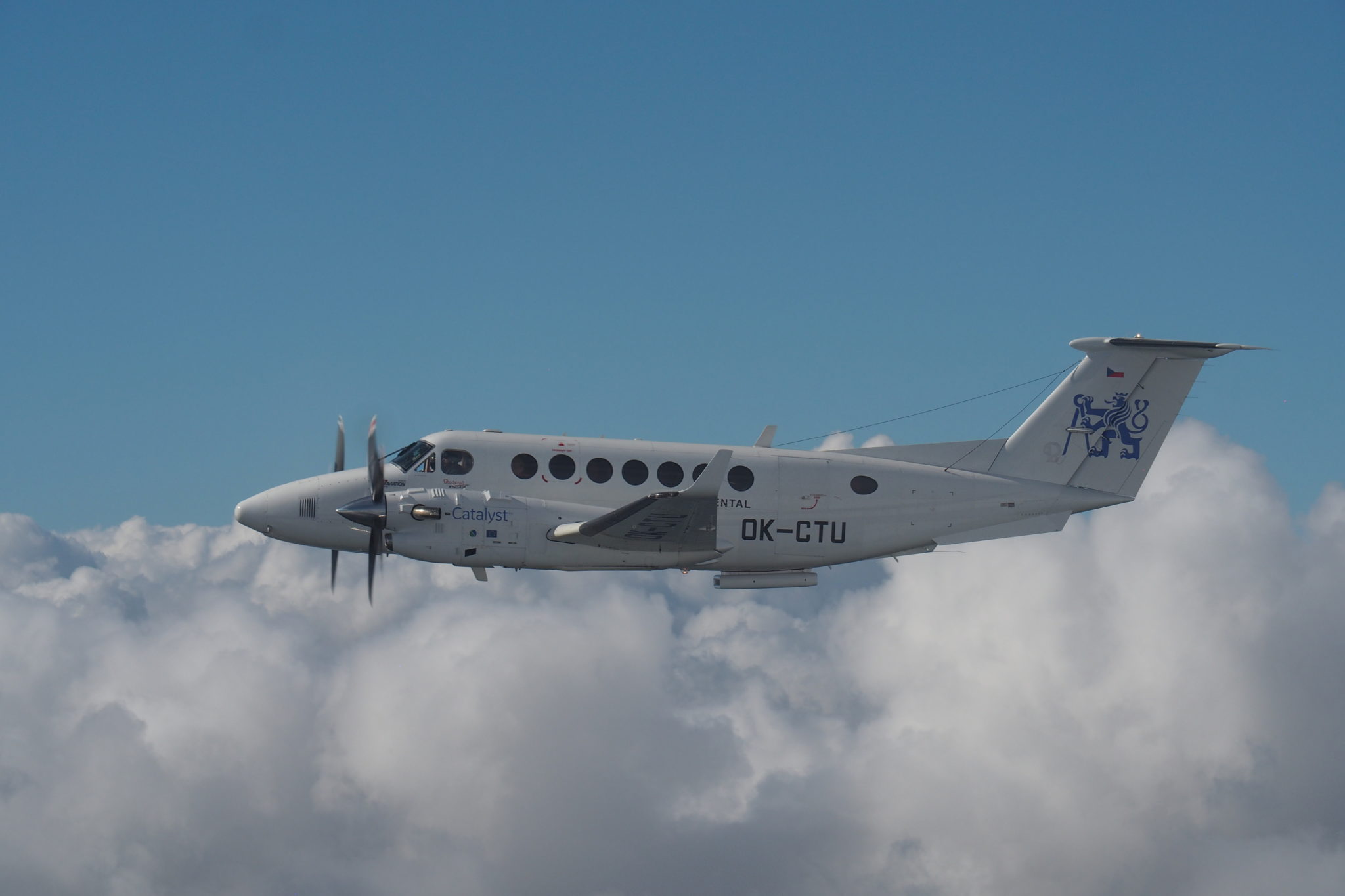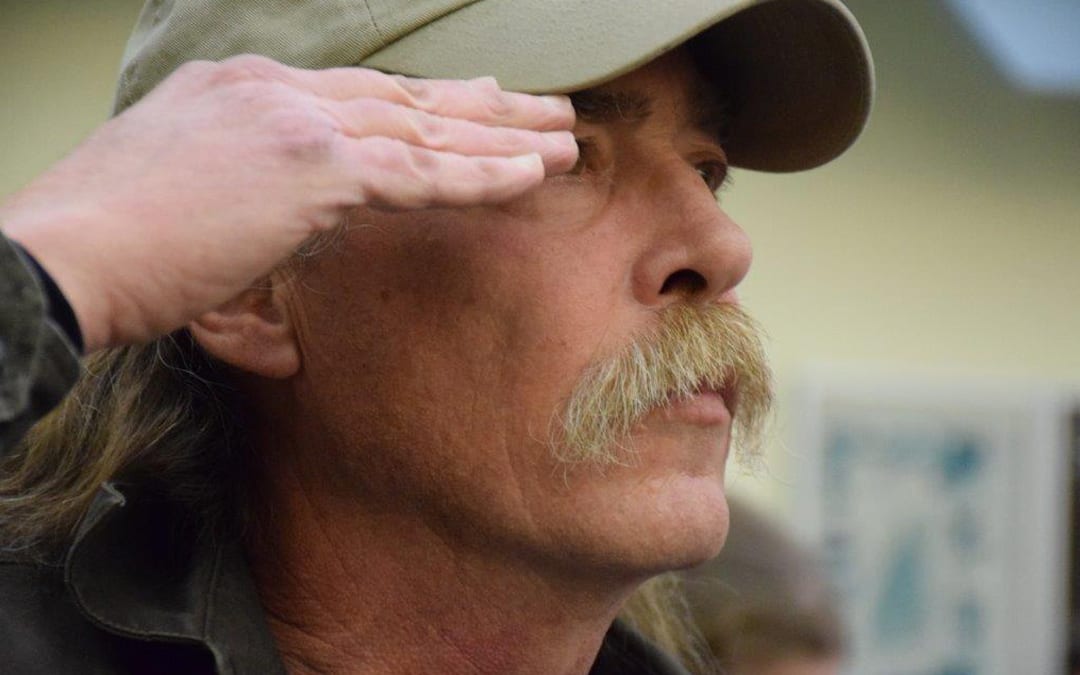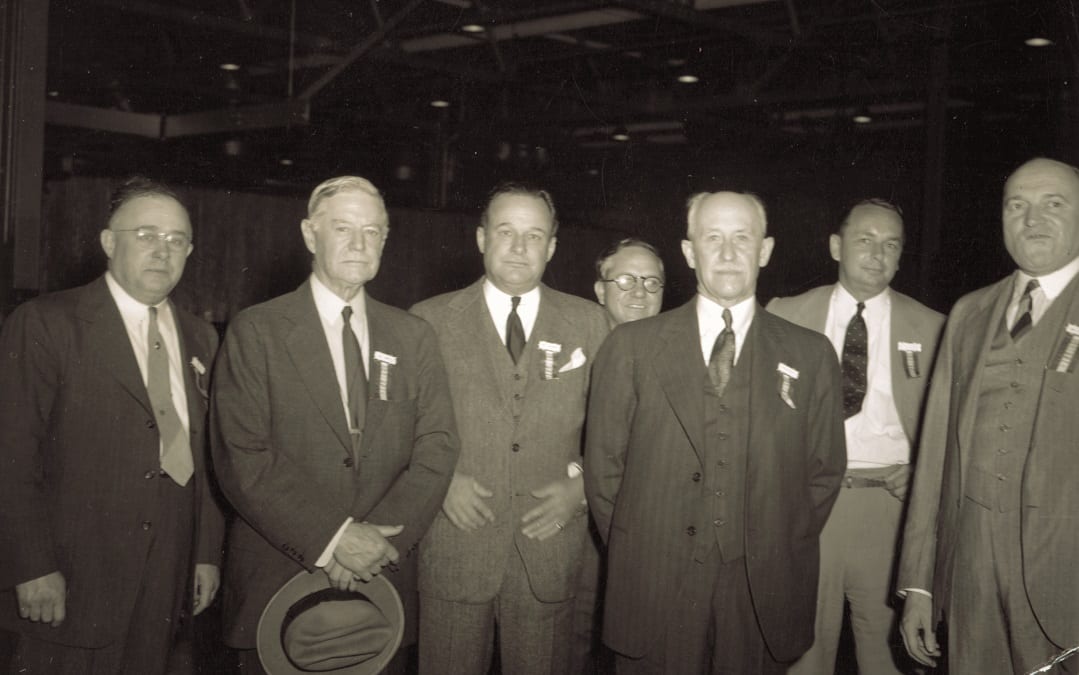All Grown Up: Türkiye Technology Center Celebrates 25 Years of Global Engineering Excellence
June 27, 2025 | by GE Aerospace Reports Staff
When the GE Aerospace Türkiye Technology Center (TTC) opened 25 years ago, Aleyna Dursun was a two-year-old toddler running around her parents’ house in Istanbul. Today she is a lead mechanical analysis engineer for GE Aerospace. Tevfik Inal was a high school student in southwestern Türkiye, dreaming of a future in engineering. Today he is a principal systems engineer.
Both work at TTC, which itself has undergone enormous growth and maturing since it opened its doors in 2000. From a handful of design engineers in a small office in the Kocaeli suburb of Gebze primarily supporting senior engineers in the United States, TTC has evolved to employ more than 500 scientists, researchers, and engineers.
What’s more, as one of GE Aerospace’s global Technology & Operations centers, it is now home to some of the company’s most experienced engineers. Its teams contribute to global engineering efforts for the development of engines in service, such as the GEnx, Catalyst, and CFM* LEAP engines, as well as aeroderivative technologies for marine applications. They also work on future-of-flight programs, such as the GE9X engine and the CFM RISE** initiative, which seeks to develop engine technologies, including Open Fan, compact core, and hybrid electric systems.
TTC is a hub for engineering design, research, development, prototyping, maintenance, and production technologies, as well as software, where engineers support the development and ongoing upgrades of GE Aerospace’s in-house physics-based 3D simulation, design, and modeling software, as well as AI-based solutions.
TTC operates across two locations: the recently opened Kartal office in Istanbul and the legacy Gebze location, which houses an Additive Research Lab, a Thermofluid Lab, and an Advanced Manufacturing and Repair Shop.
The enormous diversity of roles, responsibilities, specialties, and experiences represented by its employees is impossible to summarize. But these four employee stories offer a sense of the deep expertise and breadth of global impact that TTC has on GE Aerospace’s operations and in support of its customers.
Huriye Akıncı: Longest Serving with Purpose
Huriye Akıncı is a program leader responsible for ensuring that the company’s aerospace-regulated chemicals comply with global environmental regulations. This work includes identifying environmentally friendly alternatives and qualifying processes or parts to ensure regulatory compliance.
Akıncı, who is the longest-serving employee at TTC, was a university research assistant when the center opened. Five years later, she joined as a thermal spray engineer. “There were only 38 people. It was a tiny office, but what I remember most is that the people were so happy to be working there. They were smart, funny, and really friendly.”
She also was impressed as a young engineer by the commitment to safety and quality. This meant — and still means — that anyone, even a junior engineer, has the authority to stop an ongoing process or activity if they have a safety, quality, or other concern.
She recalls that when she joined 20 years ago, most employees were process engineers working with GE Aerospace suppliers in Europe to help them produce parts to the required specifications and support process improvements when parts were nonconforming.
Over the years, Akıncı has enjoyed watching the evolution of TTC not only in terms of gaining new capabilities but also in terms of its experience and competence. “In my early years, I was a young process engineer, so if an issue or problem arose that I couldn’t solve, I would get support from my mentors, but they were in the United States. Now it’s completely changed. Here at TTC, we have lots of subject matter experts and experts with global GE Aerospace ownership of different domains.”
While the level of expertise has expanded, the culture and employee mindset at TTC have remained unchanged, she says. “There are really talented people here. You can depend on them to work together to solve problems. It’s fun to work with them and to feel this sense of accomplishment.”
Looking back over her 20 years at GE Aerospace, Akıncı says her current role is the most challenging because of its global responsibilities. She manages engineering challenges related to regulations and standards from jurisdictions around the world and must collaborate with diverse teams to identify solutions and alternatives.
It’s all worth it, she says. “I like the sustainability element of it. I can really see the purpose around it, like with our company purpose, to ‘lift people up and bring them home safely.’”
Halit Özkaya: Never Experienced “Monday Malaise”
Halit Özkaya is a senior subsection manager leading a design engineering team for the HF120 light aircraft engine, which is manufactured by GE Honda Aero Engines, a joint venture between GE Aerospace and Honda. His team develops design engineering changes that enhance the performance and durability of these engines, which are used by customers worldwide.
He joined TTC 15 years ago as a design engineer, working on the rotating hardware of the LM2500 aeroderivative engine. He was part of a team providing engineering support to the design “owners” based in the United States, helping assess whether parts produced for the LM2500 in factories around the world conformed to specifications.
Having joined GE Aerospace from an automobile manufacturer, Özkaya immediately noticed one substantial difference: the slower tempo and higher level of engineering expertise required for every task. While the focus used to be on maintaining production flow, “in aerospace, quality and safety were the priorities.” As an engineer, he loved the need for precision, for identifying every relevant dataset, for ensuring he’d done all the necessary engineering analysis, and for “finalizing your tasks with 100% accuracy.”
This mandate was at the heart of the most challenging project he’s had at TTC: As a subsection manager working on the development of the new LM9000 aeroderivative engine, he managed interactions with more than 50 engineers and numerous cross-functional teams, all of which had to work in harmony despite tight budget and time constraints. “It was quite challenging, but, with lots of hard work, we finalized on time. It provided us with many learning opportunities, giving our engineers invaluable experience.”
There is much that Özkaya likes about TTC, including the relatively flat hierarchy, that all views are welcome, promotions and opportunities are merit-based, and he is surrounded by “extremely sharp, capable, and experienced engineers.” It is no wonder that over his 15 years at TTC, he’s “never experienced any Monday malaise.”
Tevfik İnal: From Small Town to Historic Milestone
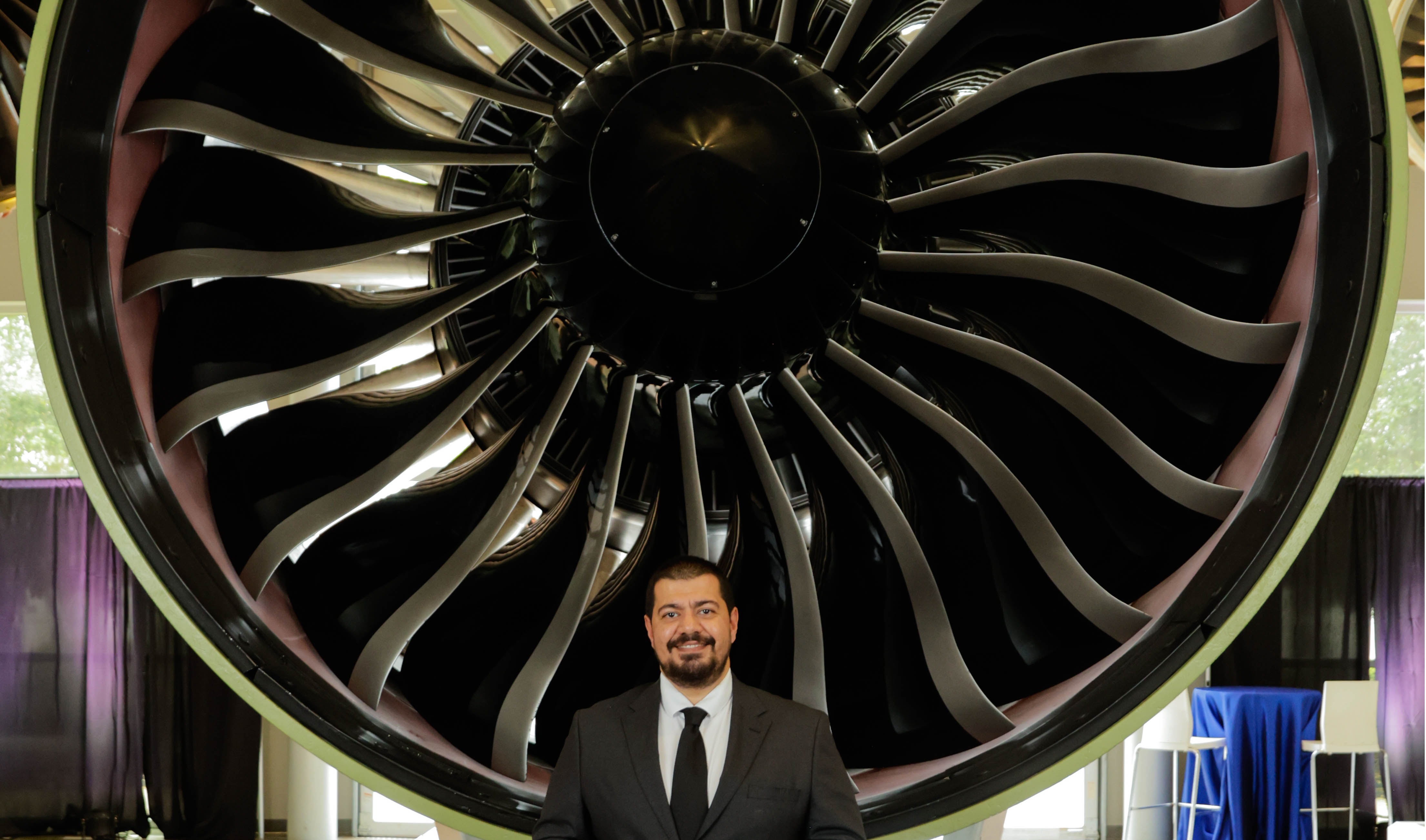
Tevfik İnal is a principal systems engineer supporting the integration of GE Aerospace’s F110 engine into the KAAN indigenous fighter aircraft program. Playing such a key role in a project that represents a historic milestone in the country’s aviation and defense history shows just how far he has come from the primary-school boy making drawings of automobile engines in the town of Muğla.
“Supporting an indigenous program that is part of Turkish aviation history makes me so proud and happy, both because I’m helping my country develop its own aircraft and because I’m working at GE Aerospace.”
In addition to the KAAN integration project, İnal also leads a project to update the documentation used to integrate aeroderivative engines into customer vessels and other applications. The documentation incorporates decades of GE Aerospace history, learnings, design procedures, and other guidance. For years to come, this documentation will help GE Aerospace engineers and their customers worldwide to integrate these aeroderivative engines. “Hundreds of projects will leverage this documentation, making this probably my biggest contribution to GE Aerospace globally.”
Having been at TTC for 15 years, İnal has witnessed its transformation from a few dozen employees primarily providing process engineering support to suppliers in Europe and beyond to more than 500 employees playing leading global roles within GE Aerospace. Today, he says, “we are global ‘owners’ of several GE Aerospace engine programs and home to a range of advanced science capabilities, disciplines, laboratories, and more.”
What sets TTC and GE Aerospace apart from other companies, İnal says, is the opportunity to work with great people, including some of the most experienced engineers in the world. “We share an engineering mindset. We have similar passions, hobbies, and a vision for work.” Additionally, he views TTC as a special place to work “because of the unlimited opportunities to learn about so many different technologies.”
Aleyna Dursun: Edison Engineer Embraces Challenges
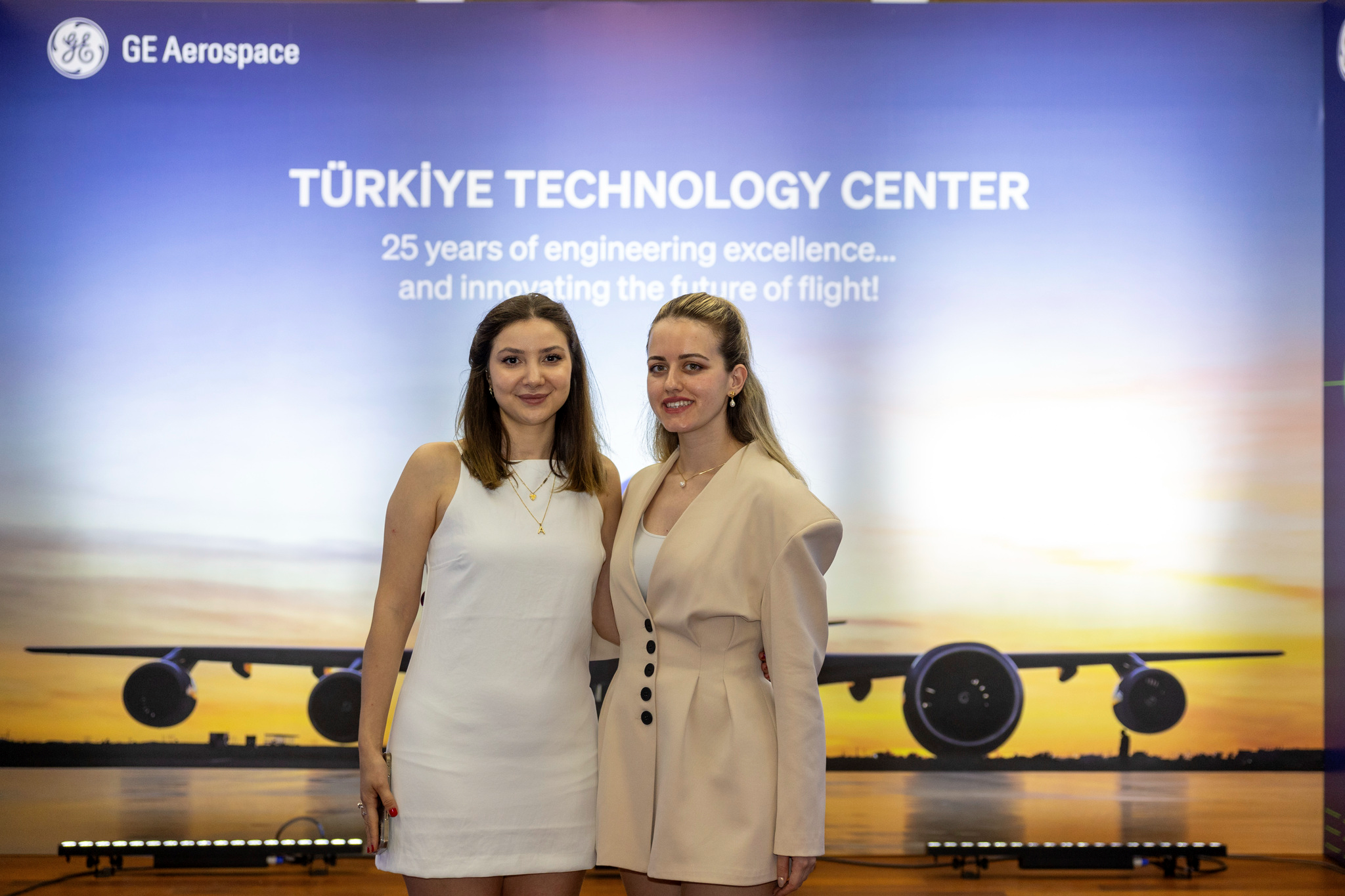
Aleyna Dursun is a lead mechanical analysis engineer, responsible for evaluating and analyzing the mechanical performance, durability, and reliability of components, systems, and products used worldwide.
She was only two years old when TTC opened in 2000. Yet, by 2021, she was working there as part of the Edison Engineering Development Program for early-career engineers. She completed three rotations over two years and, after graduating, chose to work in mechanical engineering analysis, her final rotation.
She was impressed by GE Aerospace early on, wowed by the extensive documentation resources and the processes to produce them. She also appreciated being surrounded by so many talented engineers, as well as the friendly and open company culture, which contrasted with the more formal environments she had experienced at prior employers.
Echoing a common theme, Dursun says one of the things she appreciates most about TTC is the learning opportunities. “There is such a diversity of work we can do, from redesign work to helping develop new parts. We also are encouraged to take on critical responsibilities on challenging engineering projects. “This is exactly what we need and love as engineers: solving challenging engineering problems.”
She also appreciates the extensive recognition systems to acknowledge excellent work. “When you do something well, it gets noticed, and that’s motivating.”
Dursun experienced this firsthand after working on the most challenging assignment of her career with GE Aerospace. She was part of a team conducting a root-cause analysis of a field incident involving an aeroderivative engine. “I spent most of nine months on this, during which we assessed many possible contributors,” she says. “We identified several impactful contributors that helped the design engineers make changes to prevent future incidents.”
She received an award from the internal GE Aerospace team that was able to leverage the data. “It was not a large award, but the appreciation was important to me.”
“Exceptional Capabilities”
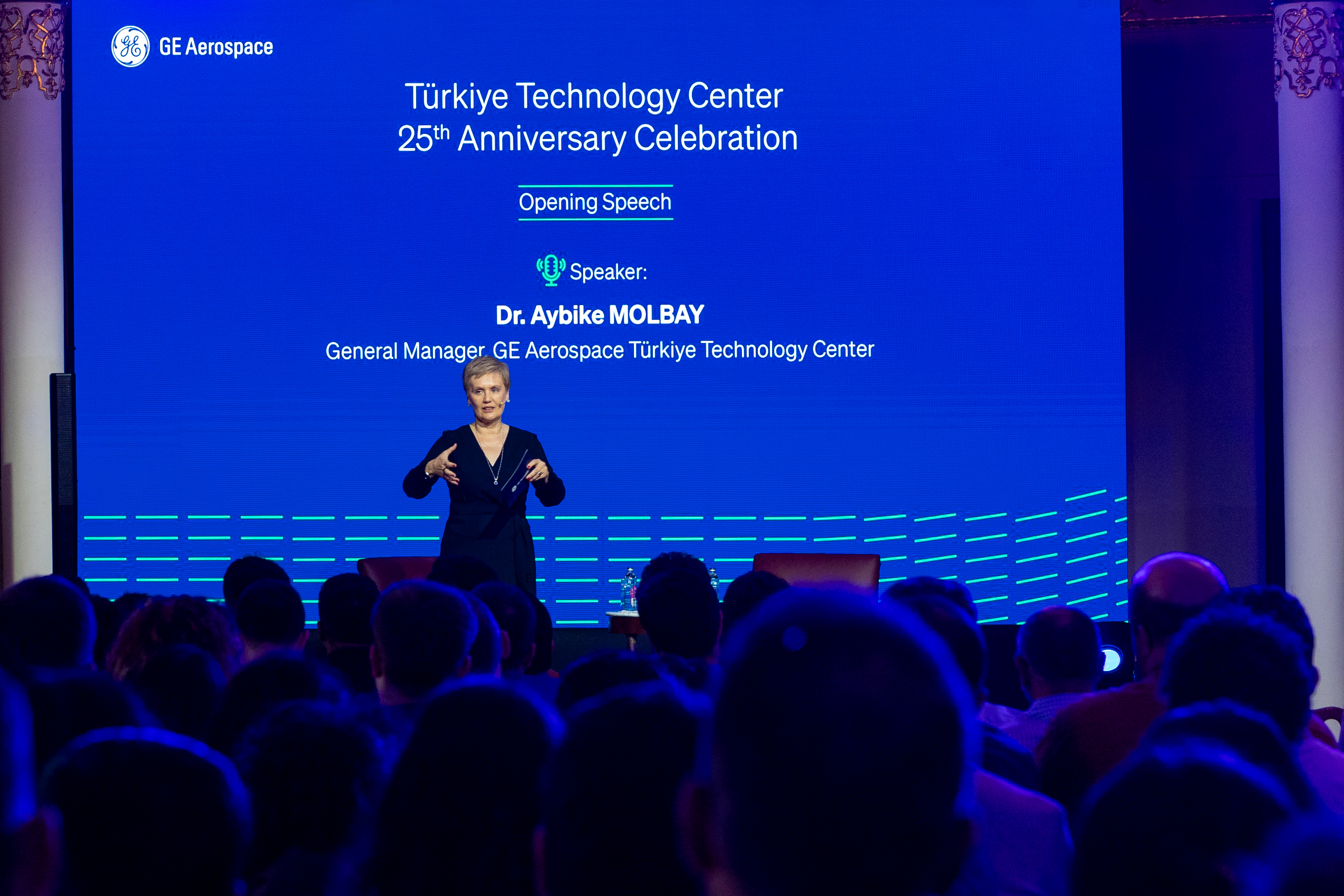
At an event on May 30 marking the facility’s 25th anniversary, Dr. Aybike Molbay, general manager of TTC, spoke of the “exceptional capabilities of the teams working here.” She highlighted the role that TTC plays, not only as a center for R&D and innovation but also as a critical hub shaping the future of flight globally.
Addressing TTC’s vital role as a major contributor to Türkiye’s aerospace industry and broader economy, and as one of GE Aerospace’s global Technology & Operations centers, Dr. Molbay said, “We are confident that TTC will continue to expand its impact in the coming years as one of the cornerstones of our global efforts to lift people up and bring them home safely.”
*CFM International is a 50-50 joint company between GE Aerospace and Safran Aircraft Engines and the producer of the LEAP engine.
**RISE, or Revolutionary Innovation for Sustainable Engines, is a registered trademark of CFM International.
